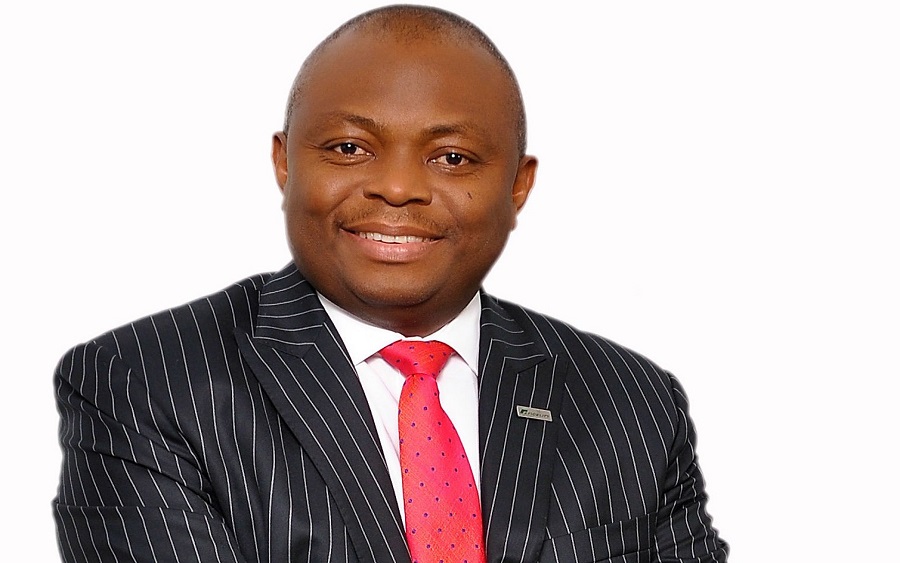Fidelity’s UNAUDITED report for Q1 2020 showed Interest Income growth of 11% y/y to N43.9bn, on the back of higher Interest Income on loans and advances (up 17% y/y) which reflects the strong growth in the bank’s loan book (Net loans to customers grew 21% y/y in Q1 2020). Interest Expense, on the other hand, declined 16% y/y to N19.3bn despite the strong growth in Customers Deposits (up 33% y/y), reflecting improved funding costs.
Overall, Net Interest Income grew significantly, up 49% y/y to N24.6bn in Q1 2020. Despite the robust growth in Net Interest Income, Pre-tax Profit was flat y/y, due to weaker Net Fee and Commission Income (-25% y/y), Other Income (-32% y/y) and the double-digit growth in OPEX (up 30% y/y).
READ MORE: Debt crisis looms in emerging markets
The bank felt the impact of the downward adjustment in fees on banking transactions by the apex bank, as Net Fee and Commission Income declined 25% y/y to N4.0bn. The decline in Net Fee and Commission Income was due to lower income recorded in ATM charges (down 13% y/y), Account Maintenance Charges (down 10% y/y), Commission on Fidelity Connect (down 30% y/y) and Commission on E-banking Activities (down 35% y/y).
Going forward, we expect the weakness in these income lines to soften as the bank ramps up its efforts in improving the volume of transactions on its electronic channels. Other Income also declined 32% y/y, largely due to lower net foreign exchange gains (N1.4bn in Q1 2020 vs N2.3bn in Q1 2019).
(READ MORE: Nigerian banking stocks ignore red flags, boost Nigeria Stock Market)
The bank’s Impairment Charge rose 1.03x t0 N2.1bn in Q1 2020, leading to a 27bps rise in annualized cost of risk to 0.7% in Q1 2020. Considering the substantial increase in the loan book in FY 2019 (up 33% y/y) and subdued macro conditions, we expect Impairment Charge to rise in the short to medium term.
Operating Expenses grew 30% y/y to N21.6bn in Q1 2020. The higher growth in OPEX compared to growth in Operating Income (up 24% y/y) led to a 294bps increase in Cost to Income Ratio (CIR ex-provisions) to 71.3% in Q1 2020. The increase in OPEX was due to higher regulatory charges emanating from banking sector resolution cost (up 37% y/y) and NDIC premium (up 34% y/y) alongside increased spending on marketing, communication & entertainment (up 105% y/y).
READ MORE: Seven early lessons on personal finance from the Covid-19 pandemic
Overall, both Pre-tax Profit and Profit after tax declined by 1% y/y to N6.6bn and N5.9bn respectively. Annualised RoAE however moderated to 9.8% in Q1 2020 compared to 12.0% in Q1 2019 and 13.3% in FY 2019.
We have a target price of N2.97/s for Fidelity with a Buy recommendation.
CSL STOCKBROKERS LIMITED CSL Stockbrokers,
Member of the Nigerian Stock Exchange,
First City Plaza, 44 Marina,
PO Box 9117,
Lagos State,
NIGERIA.
